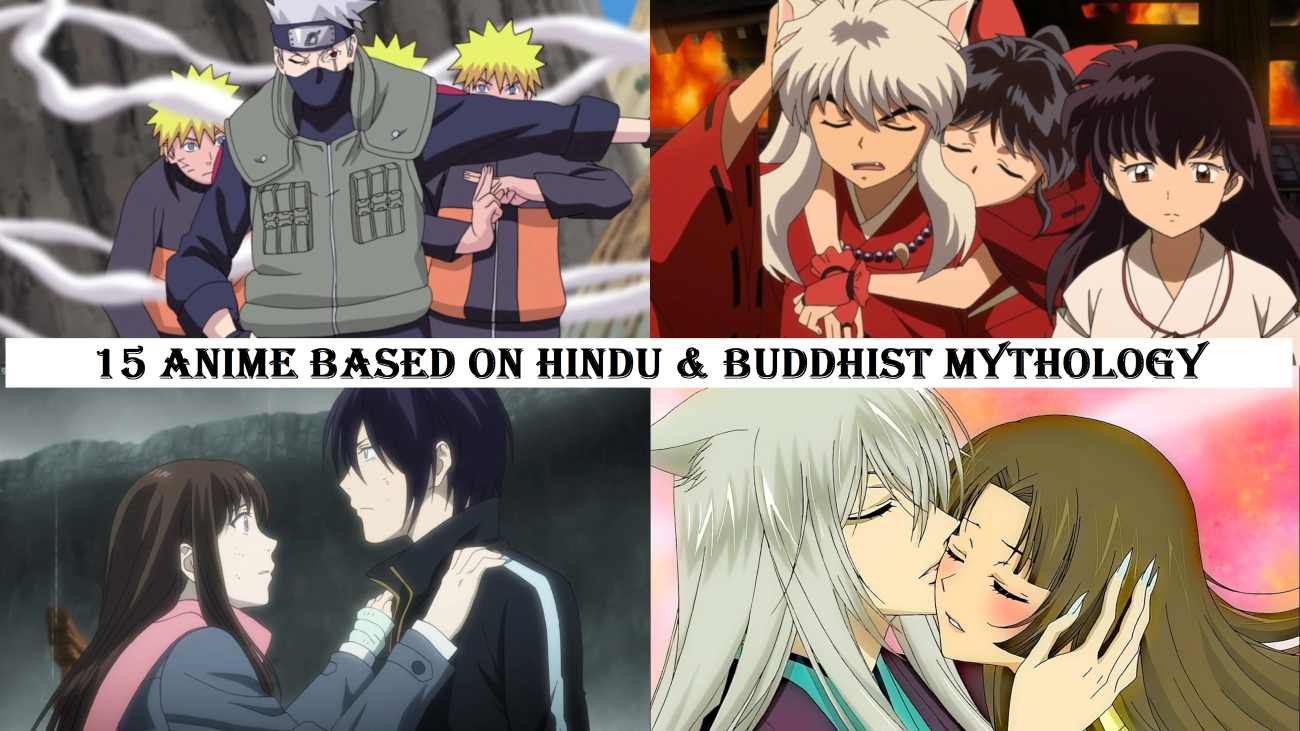In this article, Anime, the popular Japanese animation style, has often found inspiration in various mythologies around the world. Hindu and Buddhist mythology, with its rich stories and vibrant characters, has served as a captivating source for anime creators. In this article, we will delve into 15 anime series that draws inspiration from Hindu and Buddhist mythologies, bringing these ancient tales to life in a modern and visually stunning medium.
Read Also:- Top 7 (Seven) Most Secured Persons in The World
Hindu and Buddhist mythologies offer a treasure trove of captivating stories, divine beings, and epic battles between good and evil. These mythologies have inspired anime creators to adapt and reimagine these ancient tales, combining them with their unique artistic styles and storytelling techniques. Let’s explore 15 anime series that have successfully brought Hindu and Buddhist mythologies to the world of anime.
Table of Contents
Devilman: Crybaby
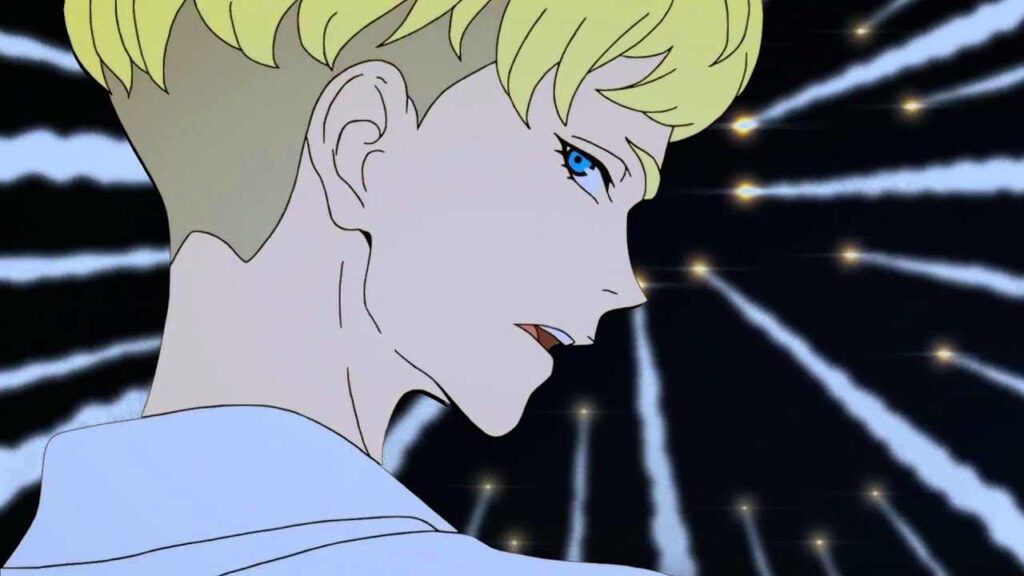
Devilman: Crybaby is a dark and intense anime series that draws inspiration from Hindu and Buddhist concepts. The story revolves around demons and humans, exploring themes of duality, morality, and the battle between light and darkness. The series delves into the complex nature of humanity and the blurred lines between good and evil.
Naruto

While Naruto is primarily based on Japanese folklore, it incorporates elements of Hindu and Buddhist mythology. The series features characters with connections to deities and mythological creatures from these traditions. Concepts such as reincarnation, chakra energy, and the pursuit of enlightenment are prevalent throughout the story.
InuYasha
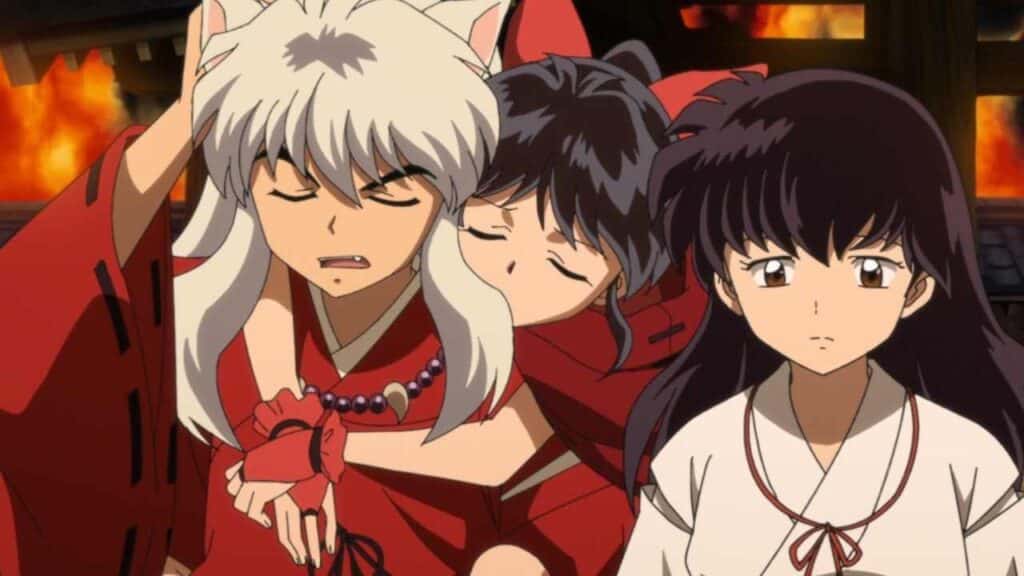
InuYasha combines Japanese folklore with elements of Hindu and Buddhist mythology. The series revolves around a half-demon protagonist and his journey to collect fragments of a powerful jewel. It incorporates themes of karma, purification, and the existence of supernatural creatures inspired by Hindu and Buddhist beliefs.
Samurai Champloo
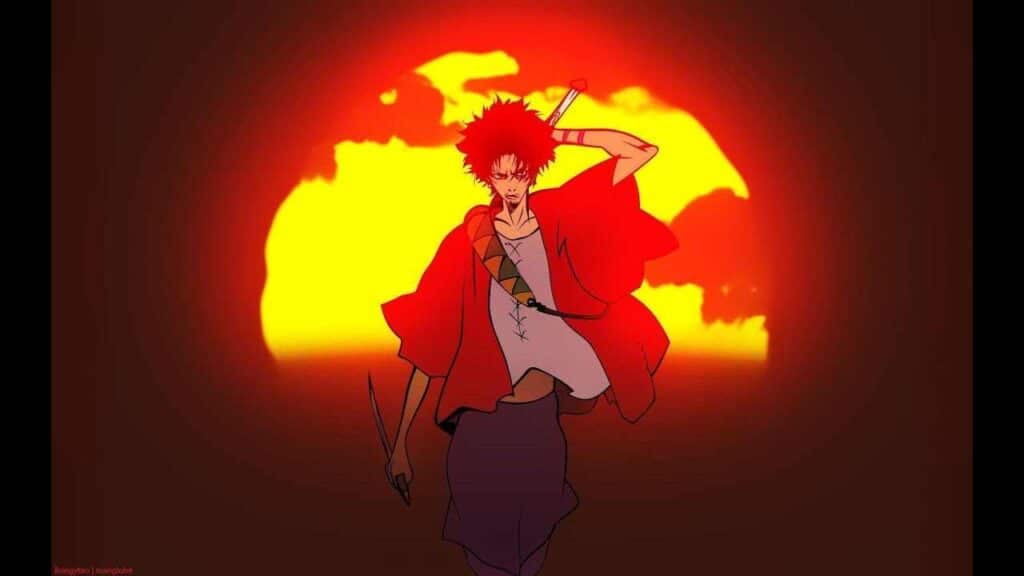
Samurai Champloo is an anime series known for its unique blend of historical fiction and modern elements. While not directly based on Hindu or Buddhist mythology, it incorporates philosophical concepts and references to these belief systems. The series explores themes of spirituality, enlightenment, and the search for inner peace.
Garo: Honoo no Kokuin
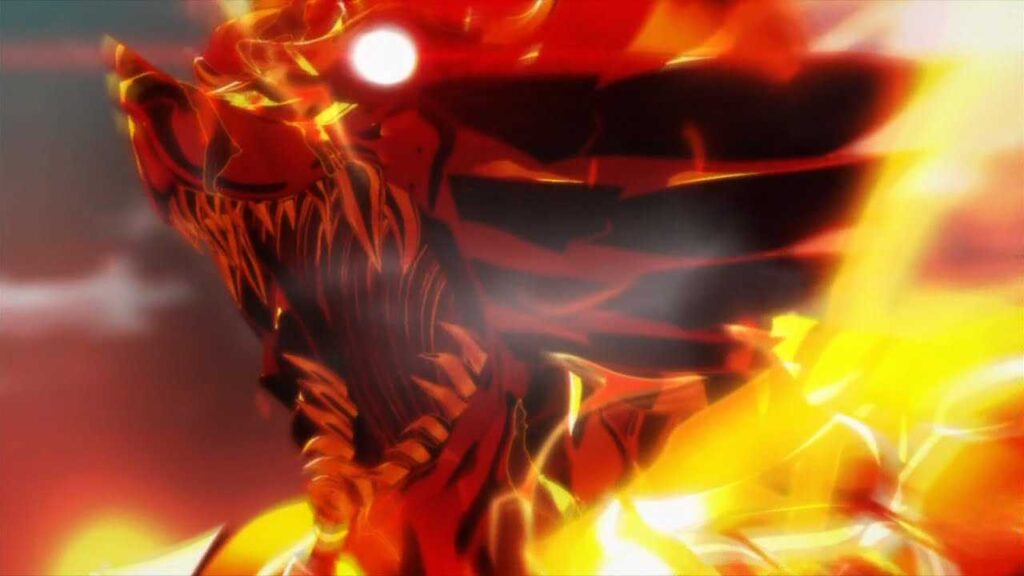
Garo: Honoo no Kokuin is an anime series that incorporates elements of Hindu and Buddhist mythology in a dark fantasy setting. The story follows a group of warriors who protect humanity from demonic forces. The series explores themes of sacrifice, redemption, and the battle between light and darkness, drawing inspiration from the mythological beings and cosmic struggles found in these traditions.
Saint Seiya
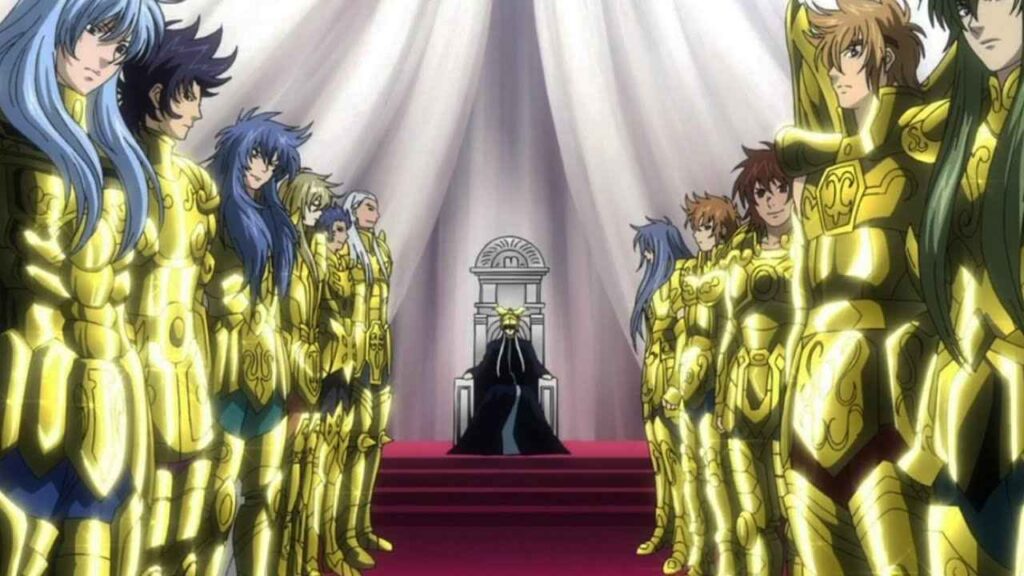
Saint Seiya, also known as Knights of the Zodiac, draws inspiration from various mythologies, including Hindu and Buddhist themes. The series follows a group of warriors known as “Saints” who are tasked with protecting the goddess Athena. The characters in the series are associated with constellations, reminiscent of the celestial beings found in Hindu and Buddhist cosmology.
Hakyuu Houshin Engi
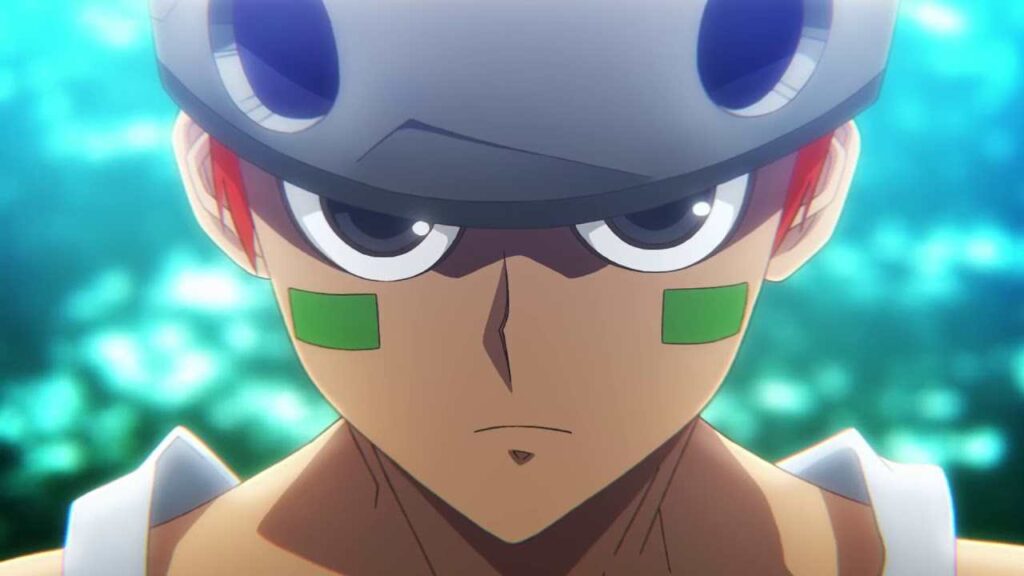
Hakyuu Houshin Engi is an anime series that adapts the Chinese novel “Fengshen Yanyi,” which itself draws from Hindu and Buddhist mythologies. The story revolves around a young prince who embarks on a journey to vanquish evil spirits and restore balance to the world. It features a diverse cast of characters inspired by deities and mythical creatures from Hindu and Buddhist traditions.
Noragami
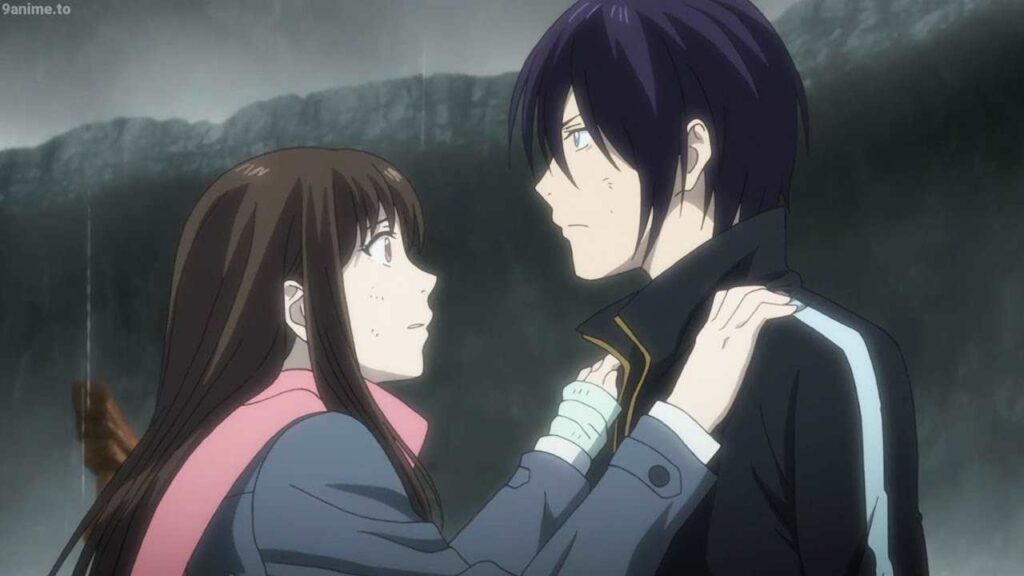
Noragami blends elements of Japanese folklore with Hindu and Buddhist influences. The series follows a minor god named Yato and his adventures as a “delivery god” who grants wishes for a small fee. The show explores themes of divinity, the cycle of life and death, and the power of faith and belief.
Kamisama Kiss
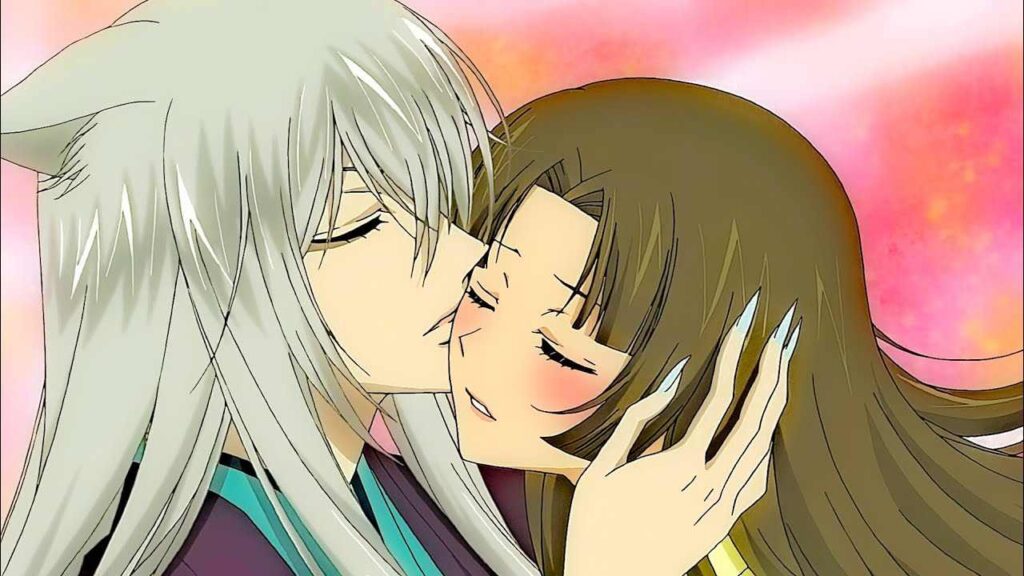
Kamisama Kiss, also known as Kamisama Hajimemashita, tells the story of a high school girl who becomes the land god of a shrine. While the series is predominantly rooted in Japanese folklore, it incorporates Hindu and Buddhist concepts of gods, spirits, and divine beings. The anime explores themes of devotion, duty, and the interconnectedness between humans and the divine.
Fushigi Yuugi
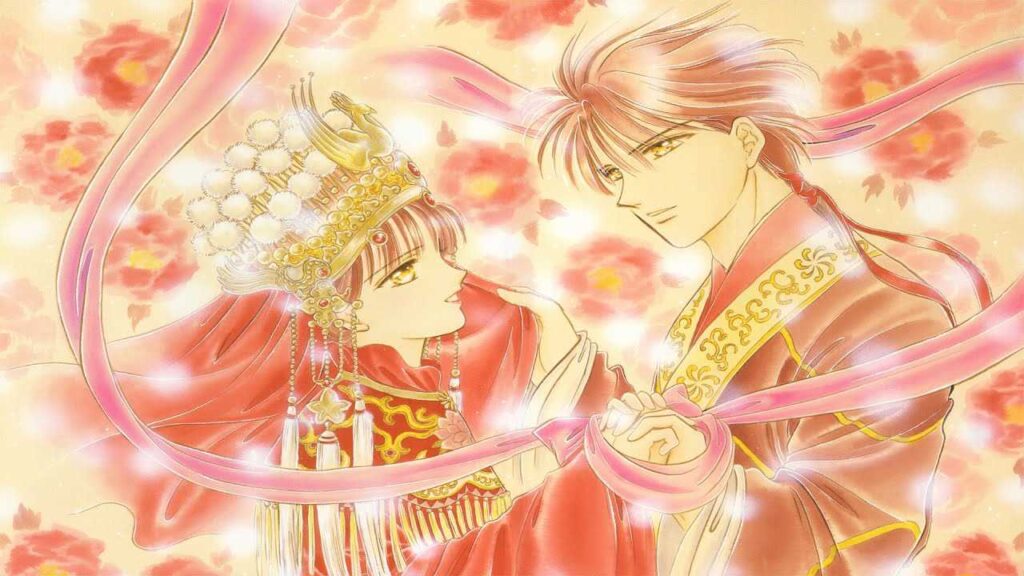
Fushigi Yuugi is an anime series that incorporates Hindu and Buddhist mythological elements in a fantasy setting. The story follows a young girl who is transported into a mysterious book, where she becomes the priestess of a powerful deity. The series explores themes of destiny, love, and the clash between the mortal and divine realms.
Karas
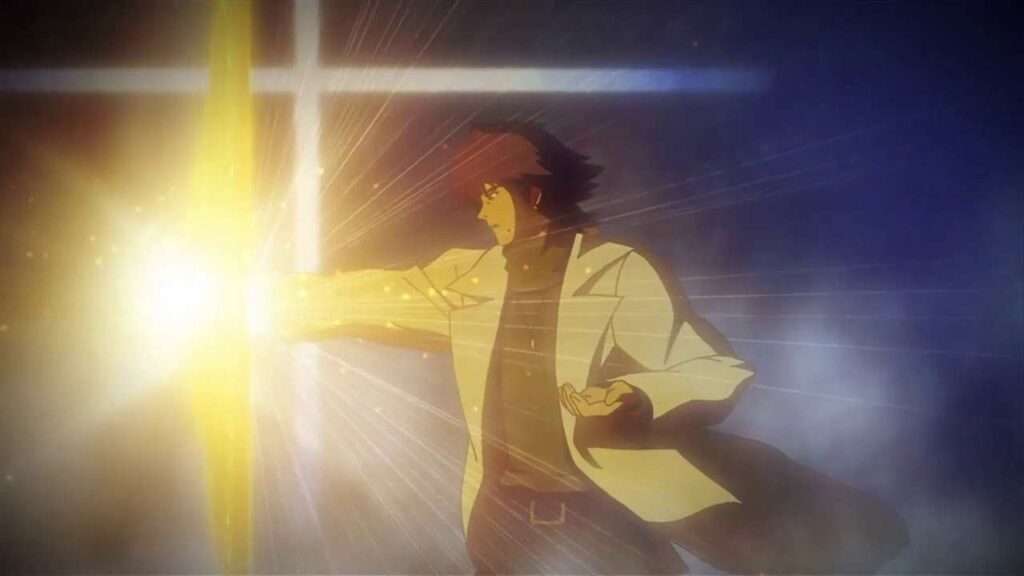
Karas is an anime series that combines elements of Hindu and Buddhist mythologies with a modern-day setting. The story revolves around a battle between supernatural entities known as “Karas” and “Yurine” who protect humanity from dark forces. The series explores themes of balance, redemption, and the struggle between good and evil.
Mushishi
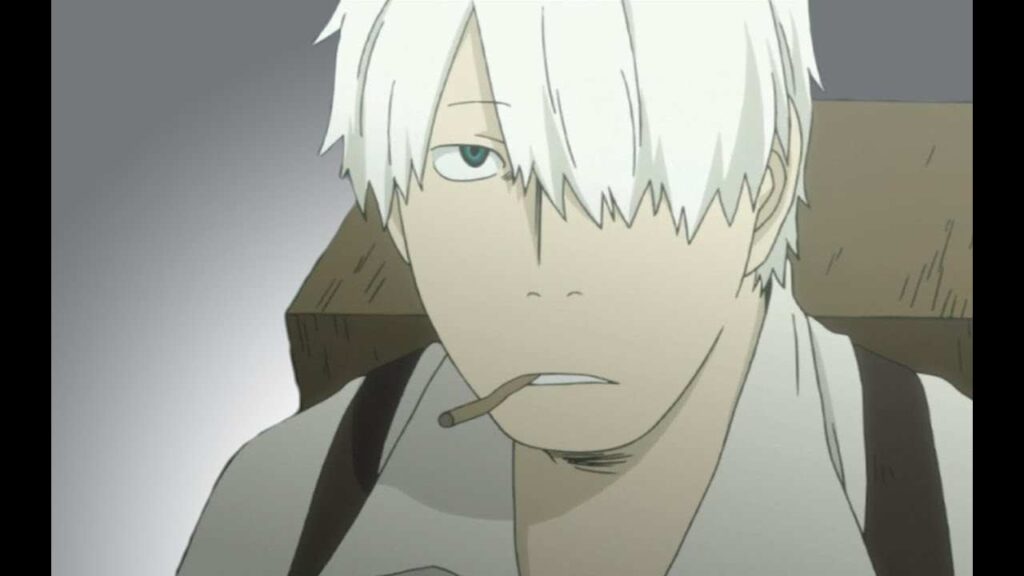
Mushishi is a unique anime series that explores a world inhabited by mystical creatures known as “Mushi.” While not directly based on Hindu or Buddhist mythology, the series incorporates themes of interconnectedness, the cycle of life and death, and the harmony between humans and nature. It draws inspiration from the philosophical and spiritual aspects found in these belief systems.
Gensomaden Saiyuki
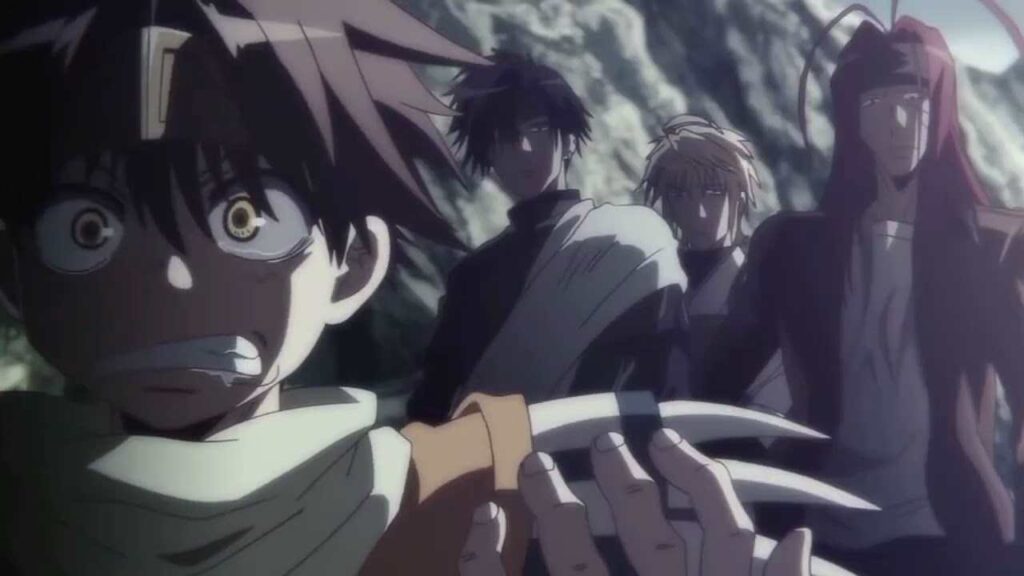
Gensomaden Saiyuki is an anime series that reimagines the classic Chinese novel “Journey to the West” with a modern twist. While rooted in Chinese mythology, the story incorporates elements of Hindu and Buddhist traditions. The series follows a group of travelers on a journey to the west, encountering gods, demons, and mythical beings along the way.
Mononoke
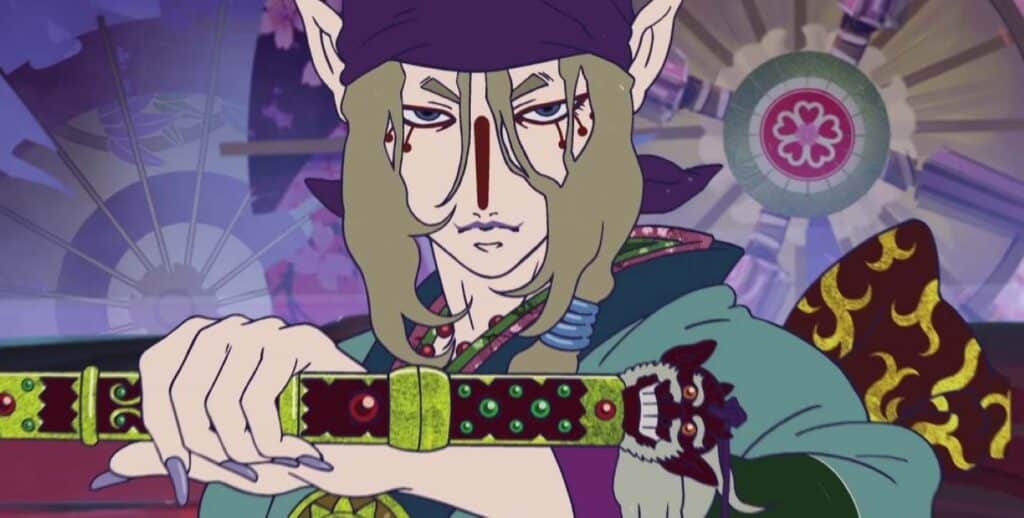
Mononoke is an anime series that draws inspiration from various traditional Japanese and Asian art forms, including Hindu and Buddhist aesthetics. The show follows a mysterious medicine seller who hunts down and exorcises supernatural creatures known as “Mononoke.” The series explores themes of spirituality, the power of emotions, and the delicate balance between humans and spirits.
Conclusion
These 15 anime series offer a unique and captivating exploration of Hindu and Buddhist mythologies. From epic battles to profound philosophical themes, these shows breathe new life into ancient tales, showcasing the enduring appeal of these mythological traditions in a modern medium.
FAQs
1. Are these anime series-accurate representations of Hindu and Buddhist mythologies?
While these anime series draw inspiration from Hindu and Buddhist mythologies, they often incorporate fictional elements and creative interpretations. They should be viewed as artistic adaptations rather than strict historical or religious accounts.
2. Can non-Hindu and non-Buddhist viewers enjoy these anime series?
Absolutely! These anime series are crafted to entertain a wide audience, regardless of their familiarity with Hindu or Buddhist mythologies. They offer engaging storytelling, visually stunning animation, and compelling characters that can be enjoyed by viewers from diverse backgrounds.
3. Are there other anime series based on Hindu and Buddhist mythologies?
Yes, there are other anime series that explore Hindu and Buddhist mythologies to varying degrees. The ones mentioned in this article are just a selection of notable examples, and there may be more series worth exploring in this genre.
Stay on Cuteeanimebook
